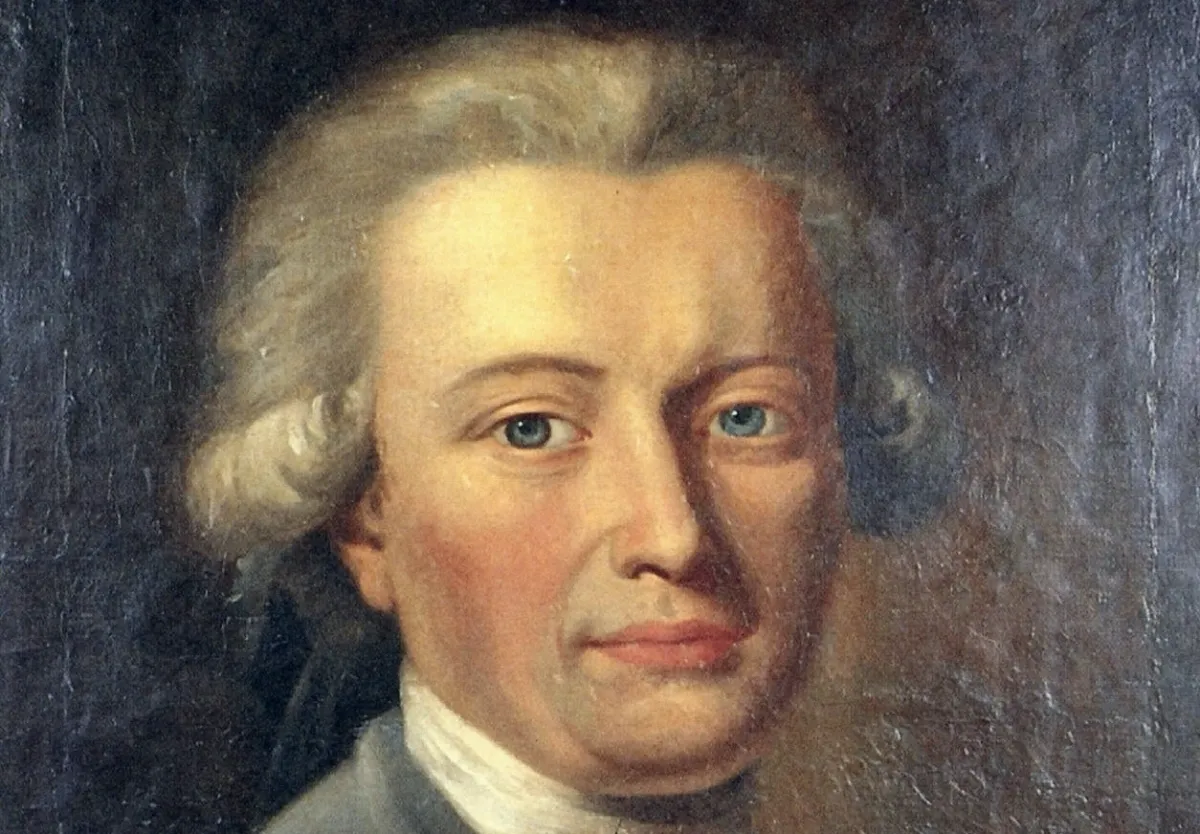Ethnography and critique of colonialism avant la lettre

Michael Ewert, Dr. phil., studied German language and literature, history and political science in Cologne and Marburg, taught as senior academic advisor at LMU Munich, guest lecturer in Poland, Kyrgyzstan and Thailand. Second chairman of the Georg Forster Society and co-editor of Georg Forster Studies, board member of the Munich Goethe Society. Publications on literature from the 18th to the 21st century. Areas of work and research include: Interculturality and alterity; literature and migration; travel, flight and exile.
"What must the savages have thought of us?" asked Georg Forster in his ground-breaking travelogue, summing up in this one question his experiences in the South Seas. Without giving us a direct answer, he does however suggest that the indigenous people understood "that the foreigners are not entirely inhuman and that the British are no more savage and barbaric than themselves ". Such critical statements of colonialism might arouse curiosity about the author, an independent and enlightened thinker who, after necessarily lying dormant for quite some time, is now experiencing worldwide recognition.
Georg Forster lived from 1754 to 1794 and became famous for his part in James Cook's second circumnavigation of the world and his subsequent description of it in Voyage around the World. Even as a young man, he had already seen more of the world than any of his German contemporaries. Not least a great author, Forster was also an explorer, draughtsman, ethnologist, botanist and theorist of globalisation. His writings all bear witness to his keen powers of observation, critical faculties and captivating style. One of his colleagues, the Göttingen professor and literary authority Georg Christoph Lichtenberg, rightly called him a " magician of prose". With witty essays on art, history and cultural anthropology, among these a rebuttal of contemporary racism in which he made a dig at Kant's armchair philosophy, he contributed to an enlightened culture of debate. He also wrote an essay on "Leckereyen", in which, with humour and imagination, he characterises the tongue as an organ of taste and language, and develops the thesis that the refinement of the senses and the process of enlightenment are connected. Here, in one of his most beautiful essays, he states that humanity "has become everything nowhere, but something different everywhere".
Forster's staunch advocacy of freedom and equality earned him a reputation as a champion of democracy. However, his support for the French Revolution and the short-lived Mainz Republic did not go unpunished. He was erased from cultural memory until well into the 20th century.
What is the "unfinished business" (Ulrich Sonnemann) that still emanates from this enthusiastic and inspiring firebrand? Why is it still an intellectual challenge to read his texts? Firstly, there is his life, so much more than simply the raw material of his literary work. The early Volga expedition, his circumnavigation of the world for more than three years, his stay on the island of Tahiti, considered then a paradise on earth, the many countries and European cities he made his home, the academic career, his experiences with secret societies and erotic love triangles, the partisanship for a new age and finally his lonely death in revolutionary Paris - Forster's life brings together many of the elements of an adventure novel.
There is also Forster's role as a representative of natural history and ecological thought. Through his classification of plants and animals, his understanding of ecosystems, cultural landscapes and island discourses, he contributed to the establishment of biology and investigative geography. In the transition from a static to a dynamic understanding of nature, he formulated ideas that served as the basis for later evolutionary models and were taken up by modern researchers. On a political theory level, he represents a reflection on the development of civil rights and state structures, despite all the inconsistencies of the time. Forster had a strong influence on ethnology, ethnography and cultural analysis, particularly by helping the understanding of the continuity of cultural narratives. It is thanks to him that the long-neglected genre of scientific prose found its way into the canon of modern linguistics and literary studies. In addition, he paved an early way for discourses on foreignness, alterity and intercultural understanding. His life was characterised by heterogeneous cultural contacts and crossing borders. He was an erudite thinker who brought together the trajectories of the Enlightenment in England, France and Germany and, as a cosmopolitan, gave a new framework to the relationship between European and non-European perspectives.
Bearing all this in mind, you have to be prepared for surprises. To pick out just one tiny but significant example, a geographic historian was recently able to show that Forster, as a very young man and with the help of Cook, had conducted mass surveys of slaves on St Helena, thereby giving them a voice. It is reasonable to assume that his intentions were not limited to this, but in any case one cannot help but conclude that it was a unique and extremely remarkable event.
An essay on Georg Forster should not end without reference to the journey he took along the Lower Rhine with his friend and student Alexander von Humboldt. They travelled through those Rhineland provinces affected by the French Revolution and, through close contact, explored the effects of practical liberty and republican politics on the population. The result is an extremely sophisticated, informative and stimulating volume, entitled Views from the Lower Rhine. " Let him who owns two pairs of trousers," wrote Lichtenberg, "turn one into money and buy this book."



